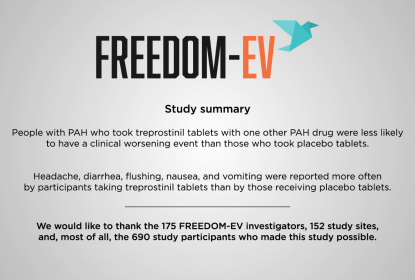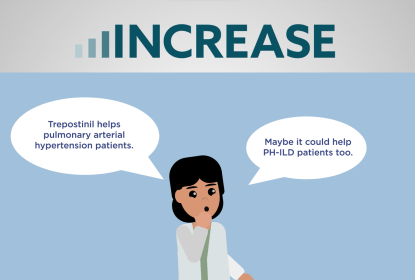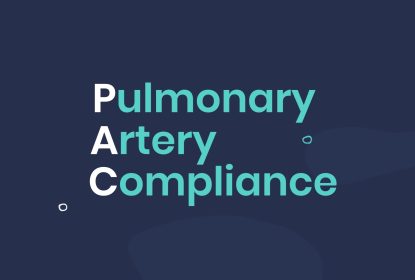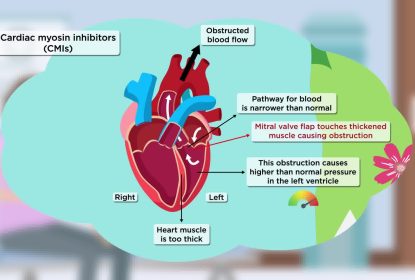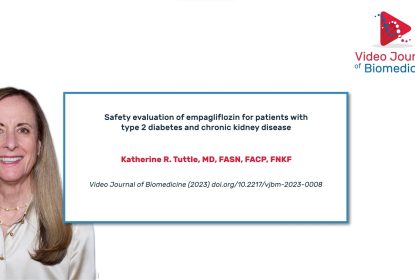
Clonal hematopoiesis with Kenneth Walsh
In this video, Kenneth Walsh, Berne Cardiovascular Research Institute, University of Virginia, talks about his research into clonal hematopoiesis as a driver of cardiovascular disease. Kenneth describes the mechanisms underlying the connection between somatic mutation-driven clonal hematopoiesis, how this process is studied and the potential implications of clonal hematopoiesis as a causal risk factor for cardiovascular disease.
About the author:
Kenneth Walsh heads The Walsh Lab at the University of Virginia the Berne Cardiovascular Research Institute. Research in the Walsh laboratory investigates the signaling- and transcriptional-regulatory mechanisms that control both normal and pathological tissue growth in the cardiovascular system. A new project in the laboratory investigates how acquired mutations in blood cells contribute to the development of cardiovascular disease. Somatic DNA mutations accumulate over time in many tissues, and this is a hallmark of the aging process. In particular, somatic mutations in preleukemic “driver” genes within hematopoietic stem cells can confer “fitness” advantages leading to the clonal amplification of these cells. This process is referred to as clonal hematopoiesis, and it is remarkably prevalent in the elderly population. A number of recent studies have associated advanced clonal hematopoiesis with increased mortality and elevated risk of cardiovascular disease and stroke. Using the epigenetic regulator Tet2 as a test case, investigations in our lab provided the first mechanistic framework in support of the hypothesis that these somatic mutations represent a new causal risk factor for cardiovascular disease. This line of investigation has provided support for a new paradigm of inflammation-mediated cardiovascular disease that is summarized in this by recent papers from the lab. For more information visit here.
Original publication:
Video originally published on BioTechniques, a journal and digital platform from the Future Science Group providing the life science research community with an invaluable resource to access latest methods, techniques and protocols.
